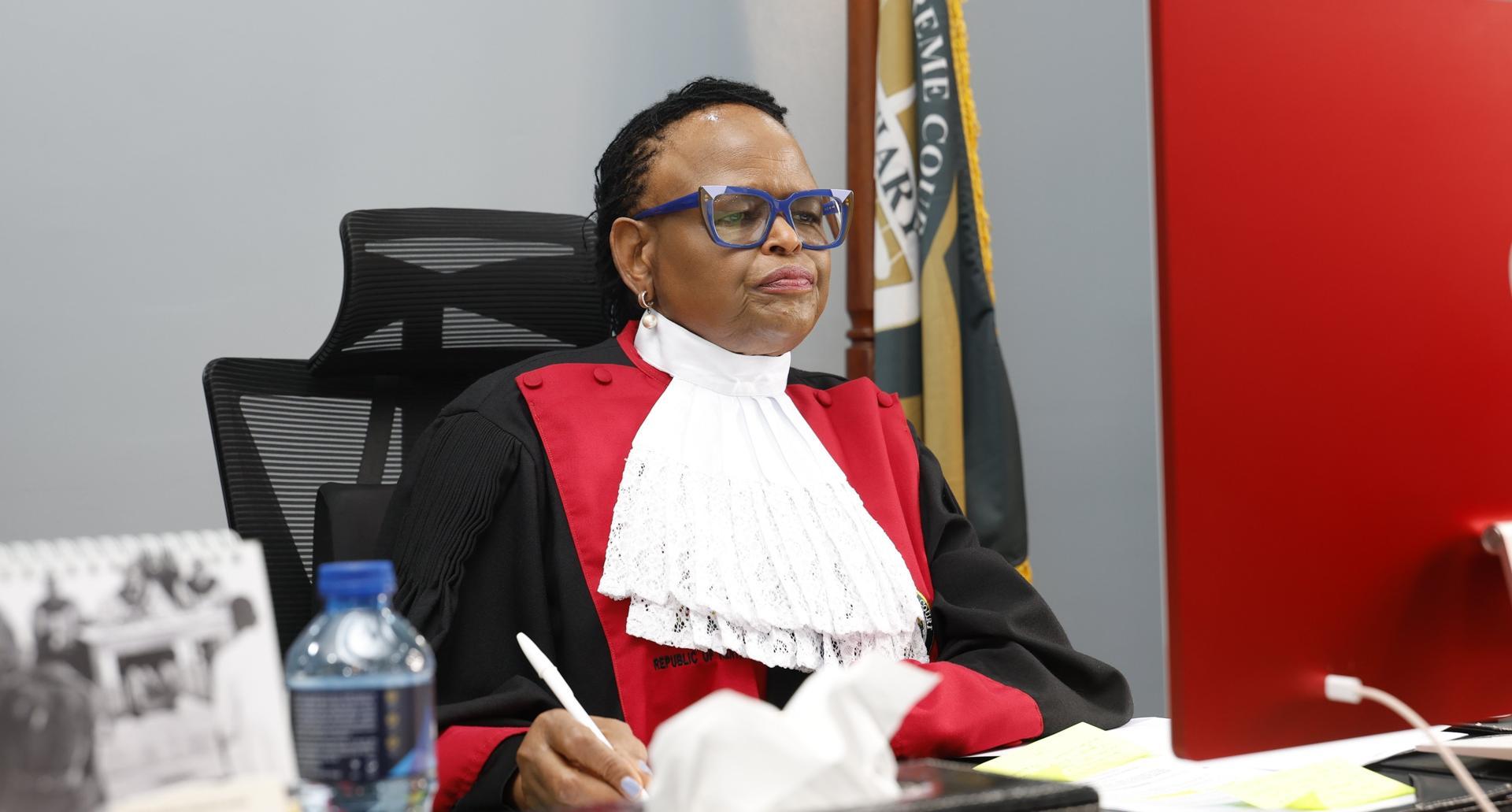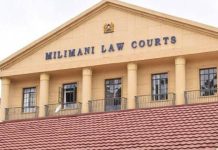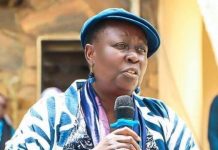Africa-Press – Kenya. The Judicial Service Commission (JSC) has in recent weeks launched a major recruitment drive to fill vacancies in Kenya’s superior courts.
The exercise targets judicial positions across various classifications.
In its latest announcement, the commission released a public notice confirming that interviews will be begin from January 12, 2026, in Nairobi.
“It is notified for general information that JSC will be conducting interviews for the positions from January 12, 2026, to March 23, 2026, at the JSC Boardroom, CBK Pension Towers, 12th Floor, Harambee Avenue, Nairobi,” the notice signed by Chief Registrar Winfridah Mokaya read.
The recruitment is targeting a total of 45 judicial posts; 15 Judges of the Court of Appeal, 20 High Court Judges, and 10 Judges of the Environment and Land Court (ELC).
The drive is in line with the JSC’s constitutional mandate under Article 172 of the Constitution, which empowers the Commission to promote and facilitate the independence and accountability of the Judiciary and the efficient, effective, and transparent administration of justice.
Part of this role includes recommending to the President persons for appointment as judges and reviewing the conditions of service of judicial officers to ensure optimal staffing levels across courts.
Over the years, Kenya’s superior courts have experienced a growing workload, with increasing caseloads in both appellate and trial jurisdictions.
This surge has been driven by population growth, heightened public awareness of legal rights, and a rise in public interest litigation.
The Commission has cited the need to address the increasing case backlog and enhance access to justice as key reasons behind their recruitment decisions.
Chief Justice Martha Koome highlighted this as one of several challenges that judicial officers face, noting that it hampers the timely delivery of justice.
“We are intensifying our focus on improving case management and ensuring that court users are not subjected to delays or administrative inefficiencies,” she said.
Filling judicial vacancies is therefore seen as a crucial step toward improving efficiency and reducing delays in the justice system.
According to Articles 166 and 172 of the Constitution and the Judicial Service Act, a person qualifies for appointment as a judge of a superior court in Kenya by meeting specific professional and ethical criteria.
For the High Court, a candidate must have at least ten years of experience as a superior court judge, a professionally qualified magistrate, or a distinguished legal practitioner.
“Alternatively, they shall be appointed from among persons who have at least ten years’ experience as a distinguished academic or legal practitioner, or such experience in other relevant legal field,” the law states.
For the Court of Appeal, candidates must have served as a judge of a superior court for at least ten years or have comparable experience in legal practice or academia.
Meanwhile, appointments to the Environment and Land Court require similar experience thresholds as the High Court, with additional expertise in land, environmental, or related law.
Beyond professional qualifications, the Constitution emphasises key qualities including integrity, competence, fairness, and moral standing, in line with Chapter 6 on Leadership and Integrity.
The Judicial Service Commission (JSC) subjects all candidates to rigorous vetting processes, which include public participation, background checks, and lifestyle assessments.
Successful candidates are then recommended to the President for formal appointment, ensuring that only highly qualified, ethically sound, and competent individuals ascend to Kenya’s superior courts.
“The President shall appoint the Chief Justice and the Deputy Chief Justice, in accordance with the recommendation of the Judicial Service Commission, and subject to the approval of the National Assembly; and all other judges, in accordance with the recommendation of the Judicial Service Commission,” states article 166 of the constitution.
This framework ensures that judicial appointments are based on merit, integrity, and expertise, safeguarding the independence and credibility of the judiciary.
In the current recruitment phase, the Court of Appeal attracted 95 applications, out of which 35 candidates were shortlisted — including 19 serving High Court judges and 15 advocates drawn from the Bar and academia.
Among those shortlisted are notable figures such as Independent Policing Oversight Authority (IPOA) Chairperson Ahmed Isaack Hassan, High Court Judge Chacha Mwita, lawyer Katwa Kigen, and law lecturer Professor Migai Akech.
Other prominent names in the appellate interviews include Environment and Land Court Presiding Judge Oscar Angote, and Justices Joseph Sergon, Yuvinalis Angima, Hedwig Ong’udi, Onesmus Makau, Nduma Nderi, Samson Okongo, and Edward Muriithi.
The interviews for these positions will open on January 12, 2026, beginning with Professor Akech, according to the official JSC schedule.
The High Court segment will begin on February 4, 2026, with lawyer Elizabeth Achieng Agutu as the first candidate to face the panel.
The Commission shortlisted 100 candidates from a pool of applicants to fill 20 vacancies.
The list reflects a diverse mix of serving magistrates, judicial officers, advocates, and legal practitioners from the public service — a deliberate approach by the JSC to ensure broad representation within the Judiciary.
Among those shortlisted for the High Court is former Nyeri Woman Representative Priscilla Nyokabi Kanyua, who previously served in Parliament (2013–2017) and has been active in governance and human rights initiatives.
Others include Land Acquisition Tribunal Chairperson Nabil Mokaya Orina, IEBC Head of Legal Services Crispin Owiye, and former Chief of Staff to Chief Justice Emeritus David Maraga, Conrad Bosire.
The Environment and Land Court interviews are scheduled to begin on March 9, 2026, with lawyer Fatuma Mohammed Abdallah being the first to appear before the panel.
The JSC shortlisted 50 candidates for 10 available slots, after reviewing applications for compliance and completeness, as confirmed by Chief Registrar Mokaya in an October 25, 2025 notice.
“Take note that the Commission may interview any member of the public who has submitted information on any of the shortlisted candidates, and such information will be kept confidential,” the JSC notices have consistently stated.
The ongoing recruitment drive marks a boost to the overall efficiency and capacity of the judicial system.
For More News And Analysis About Kenya Follow Africa-Press






